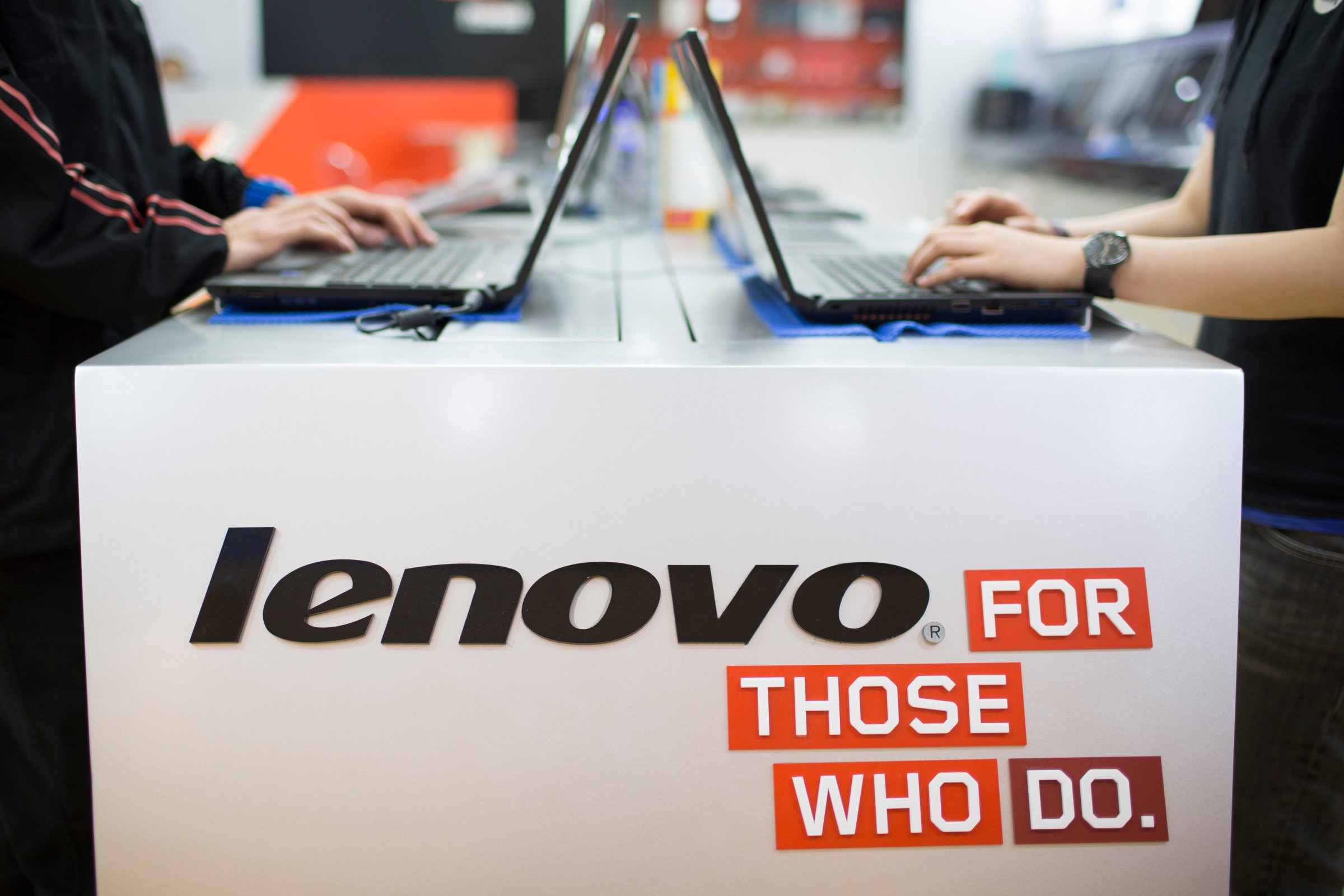
Computer manufacturer Lenovo is getting flak for selling laptops with marketing software that experts say opens up a door for hackers.
The software, called Superfish, analyzes users’ Internet habits and displays third-party ads based on that activity, The Next Web reports.
Troublingly, Superfish also impersonates certificates for encrypted websites in order to monitor users’ behavior even on protected sites. That can open a door for hackers targeting sensitive information like passwords or banking details, because users’ data isn’t being protected as well as it ought to be.
In a statement Thursday, Lenovo said it stopped preloading the software in January, and won’t preload it in the future. Lenovo also defended itself from criticism over installing Superfish in the first place, arguing the software doesn’t pose a security risk despite what several experts have said.
“We have thoroughly investigated this technology and do not find any evidence to substantiate security concerns,” Lenovo said. “But we know that users reacted to this issue with concern, and so we have taken direct action to stop shipping any products with this software.”
More Must-Reads From TIME
- The 100 Most Influential People of 2024
- The Revolution of Yulia Navalnaya
- 6 Compliments That Land Every Time
- Stop Looking for Your Forever Home
- If You're Dating Right Now , You're Brave: Column
- The AI That Could Heal a Divided Internet
- Fallout Is a Brilliant Model for the Future of Video Game Adaptations
- Want Weekly Recs on What to Watch, Read, and More? Sign Up for Worth Your Time
Contact us at letters@time.com